Having a tournament arc is always exciting for the characters involved.
Let’s learn how to build an interesting one in D&D.
If your answer is ‘yes,’ then you’re in luck!
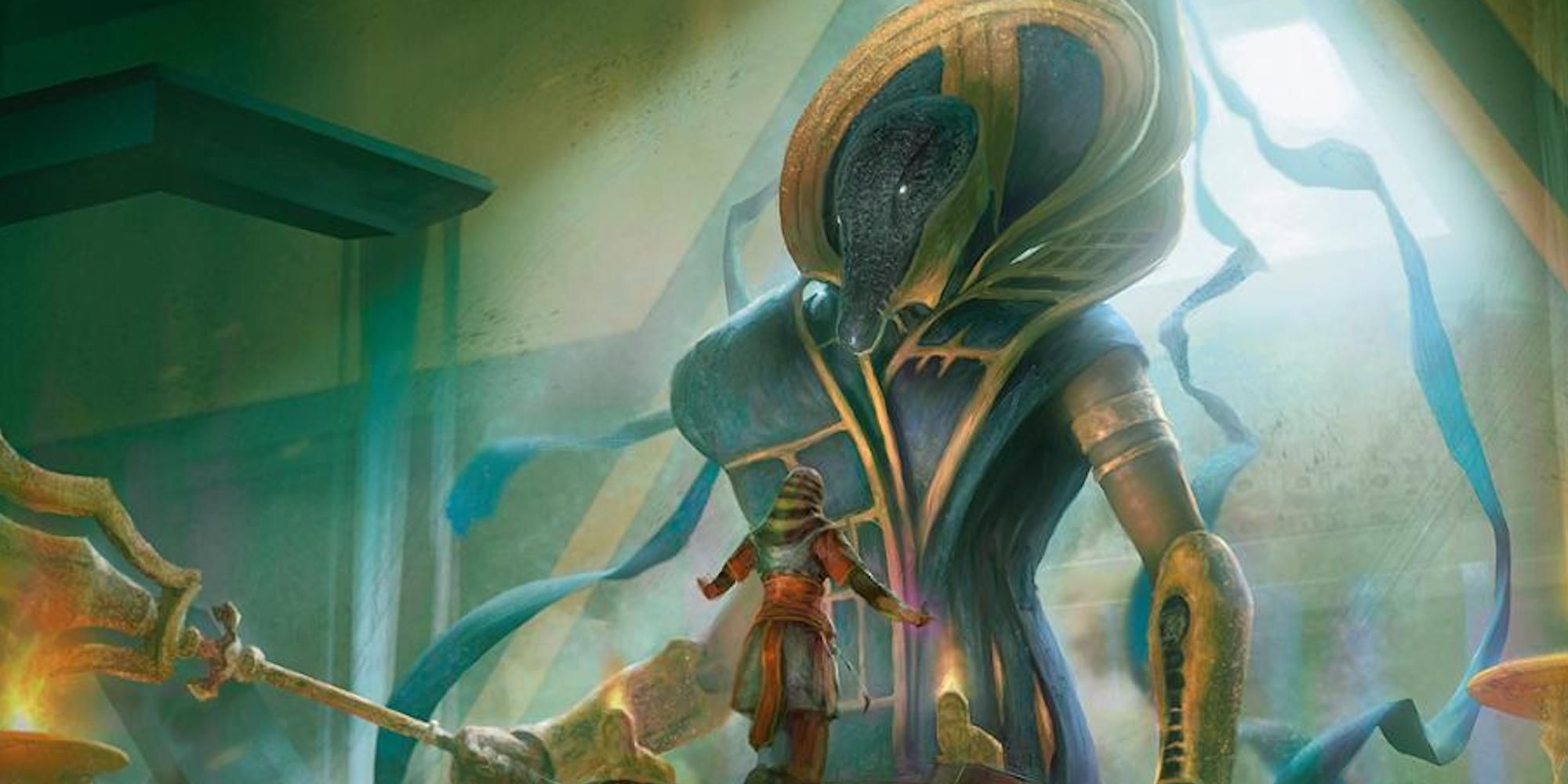
Trial of Ambition by Johann Bodin
Establish The Relationship
Clerics often overlook the exact nature of their relationship with their god.
It makes things difficult, though, especially where roleplay is concerned.
A good way to guide establishing relationships is toask questions!How did the player become a cleric?
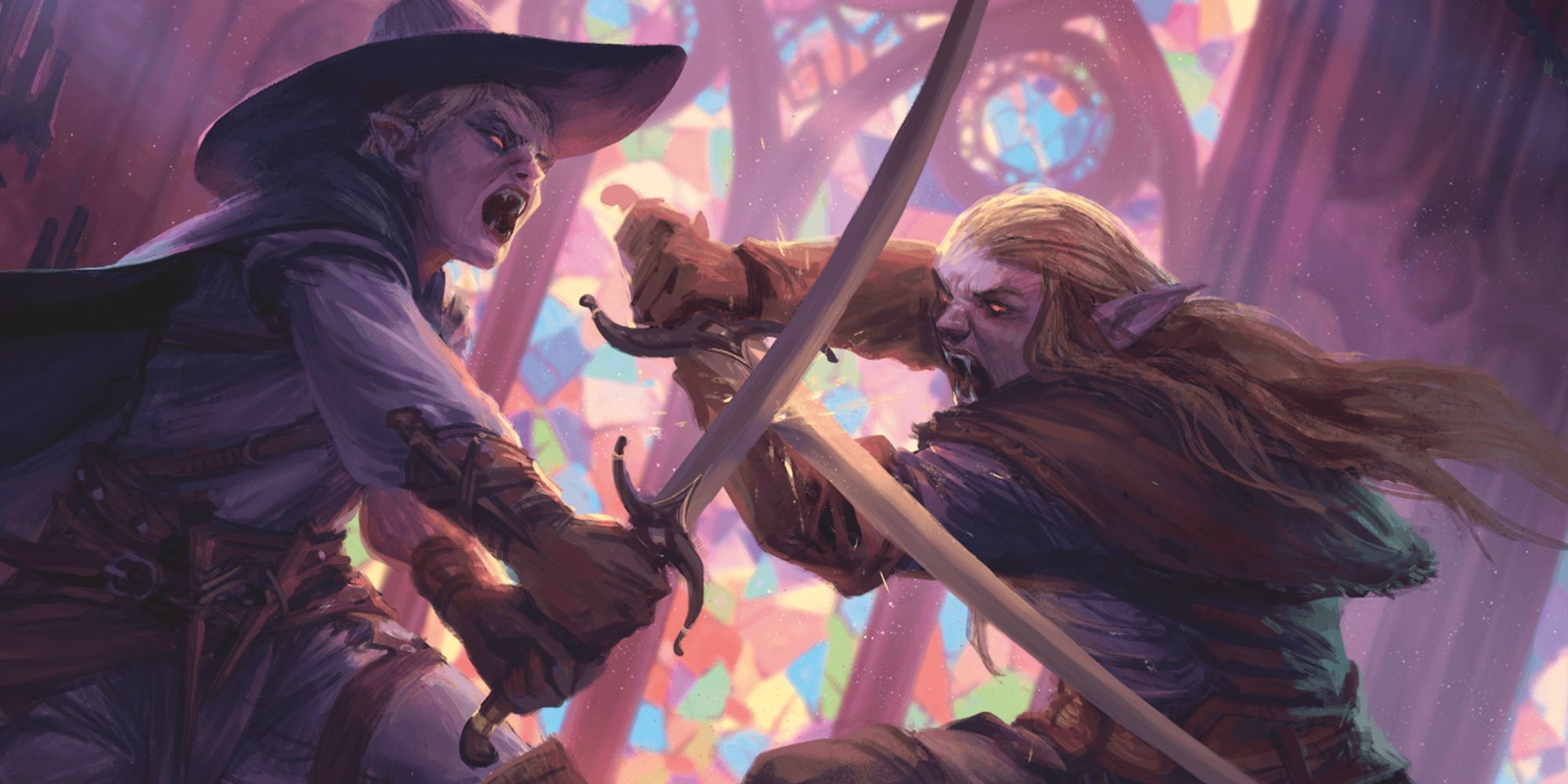
Moon-Blessed Cleric by Marta Nael
Why do they worship this god?
Is this a personal or impersonal relationship?
Your player’s backstory will help inform this, butreaching out to your player will also be appreciated.
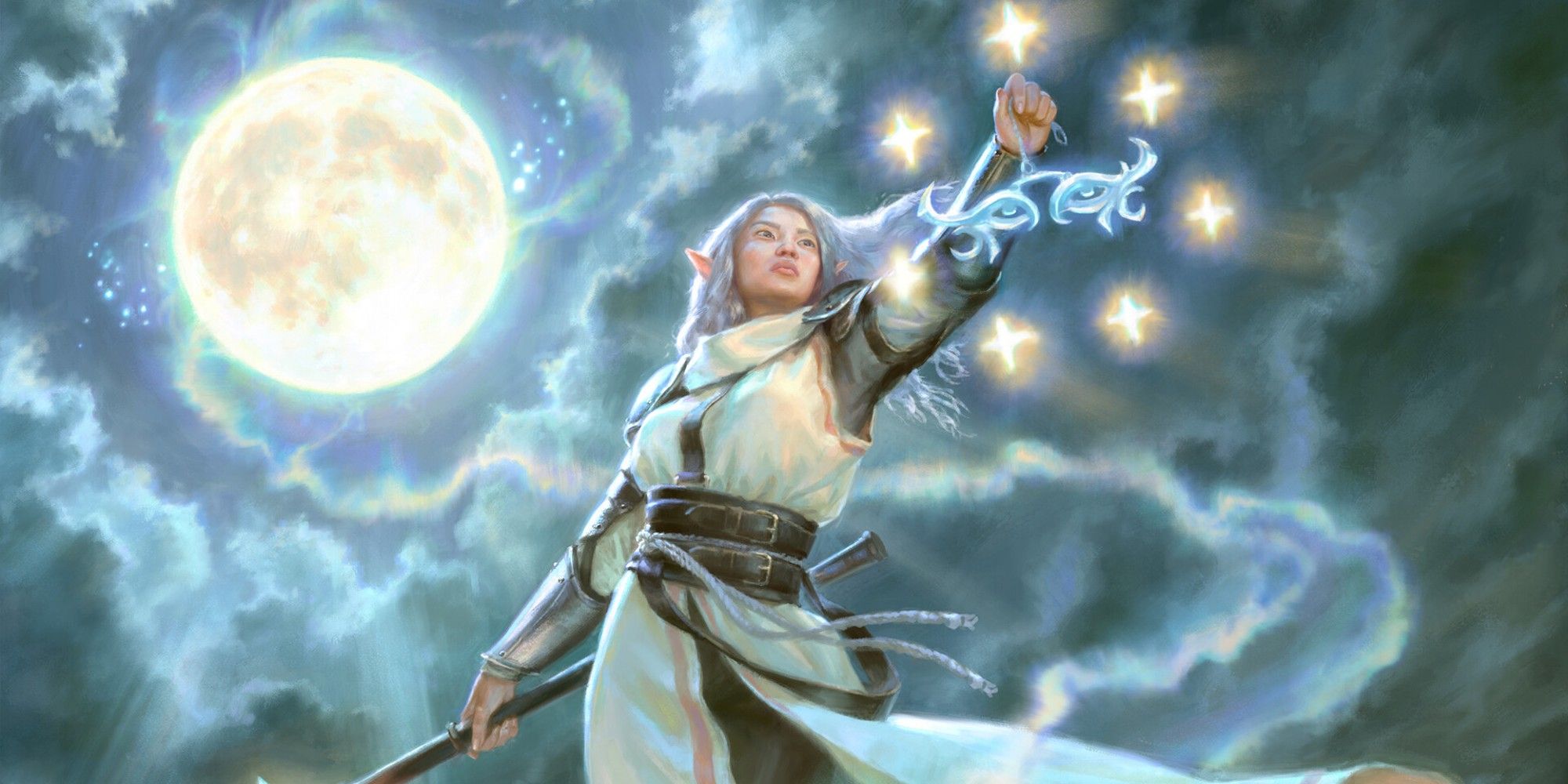
Moon-Blessed Cleric by Marta Nael
Hilariously,avatars in Dungeons & Dragons adhere to both of these definitions.
Some even appear as animals.
Theavatarwill also inform yourphysicality and the descriptions you use, making it an important feature to establish while roleplaying.
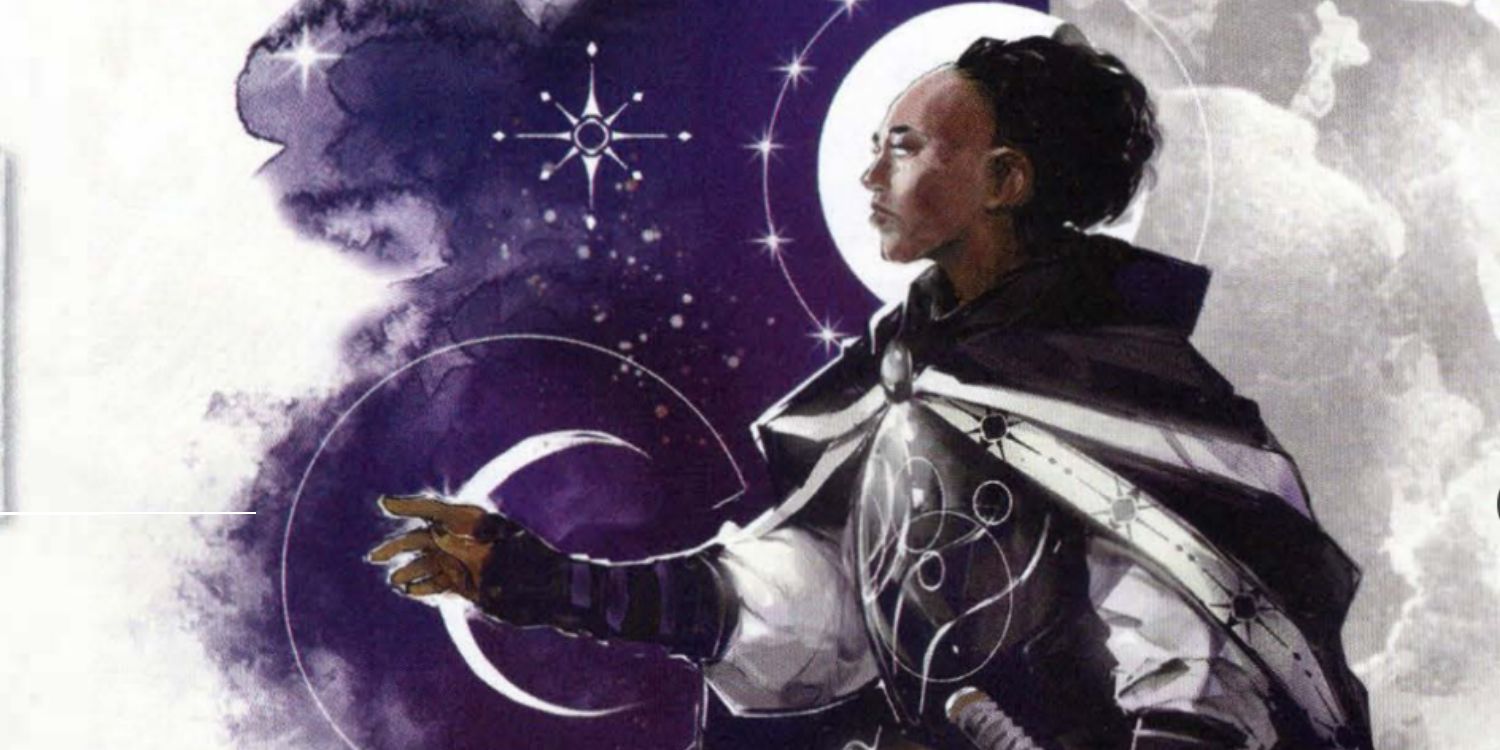
Twilight Domain Cleric from Tasha’s Cauldron of Everything via Wizards of the Coast
It also gives you an NPC!
Its too much work, too much to remember, and it will make your head explode.
Keeping that distance is a good way to guarantee the god is still respected or feared.
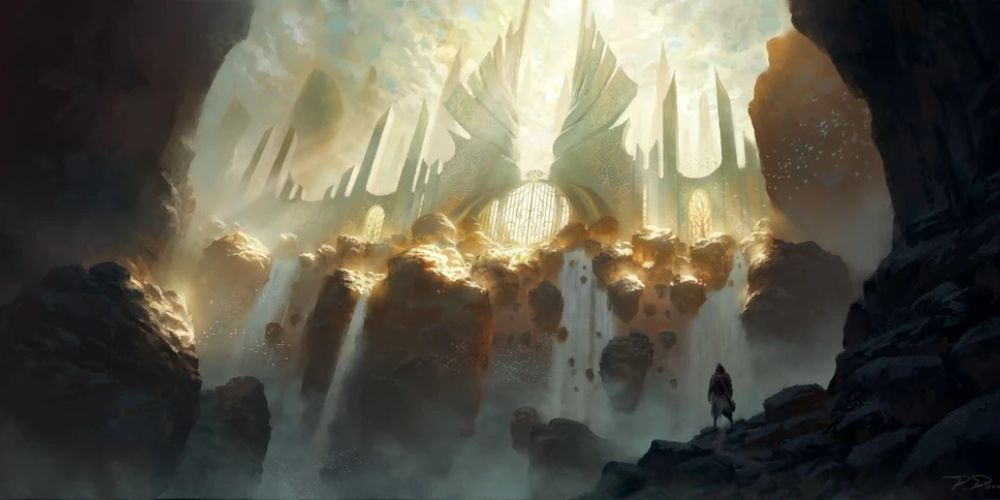
Gates of Heaven by Piotr Dura
Instead, try this exercise: try tolook at the player characters as if they are stray dogs.
Sometimes these dogs are annoying to you.
They nip, they bark, and they fight among themselves.
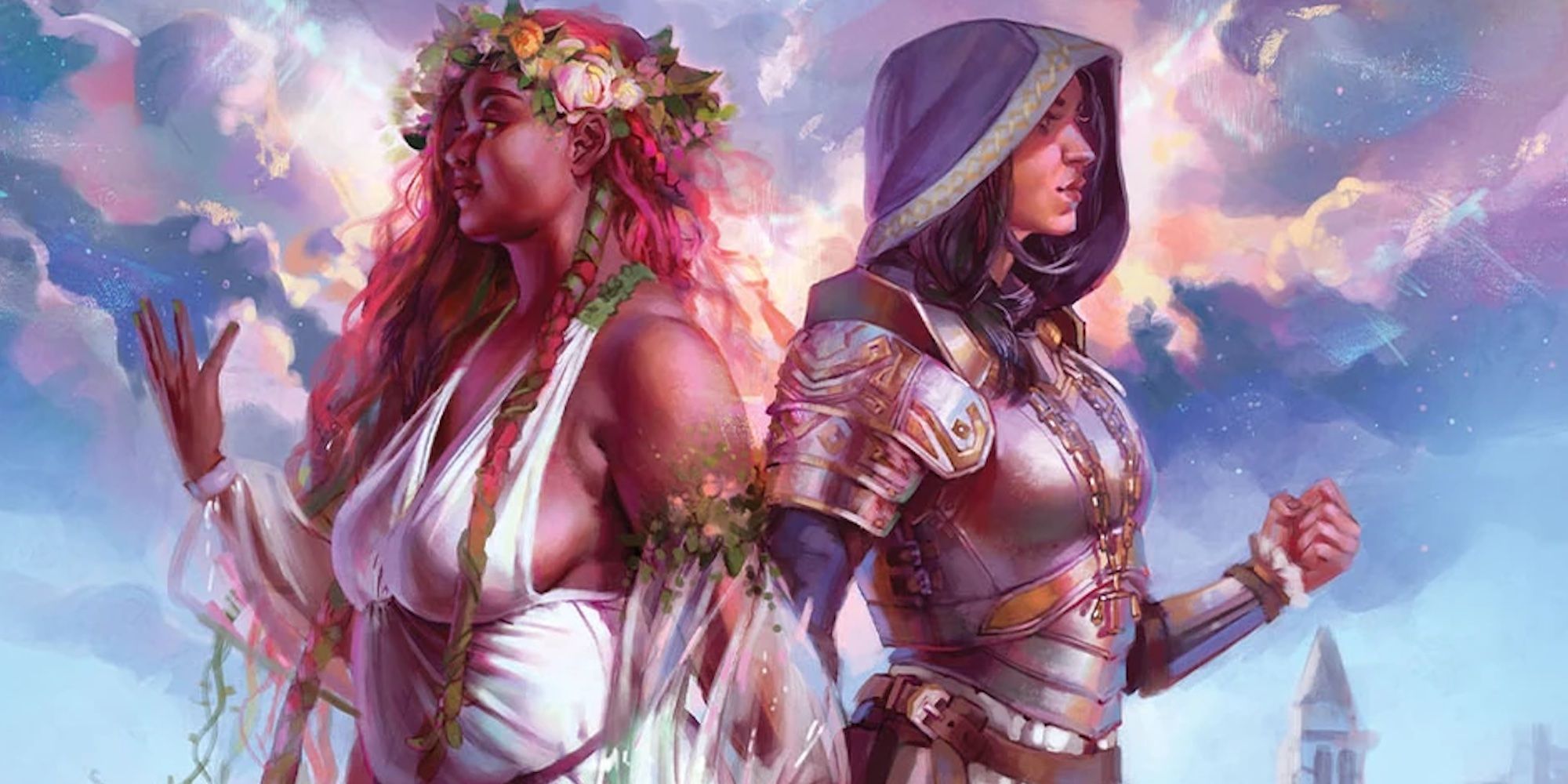
Goddesses in Balance by Zuzanna Wuzyk
you might put them away from your mind once you arent looking at them.
On the other hand, sometimes there are special dogs that you meet.
You pet them and they show you adoration.

They come when you call.
You might bring them into your house, and they protect it.
They have small lifespans, but maybe you love them.

Sometimes their deaths affect you.
Despite all of this, though, the dog can do many things, but it cannot write.
It cannot compose music.
It cannot understand things the way you’re free to.
This mindset is whatseparates the god from mortals.
Keeping your deity interesting, especially in roleplay, may enhance the nuance of your story.
The players may not be the god’s equals, no matter how they may love them.
Another method in the same vein could be called The Clockmaker Method.
There is a bigger picture.
Getting a new piece would be annoying, but ultimately feasible.
A Deity’s Attitude
Gods in D&D tend towards imperfection.
Get melodramatic, frightening, or deathly still!
Have fun with it.